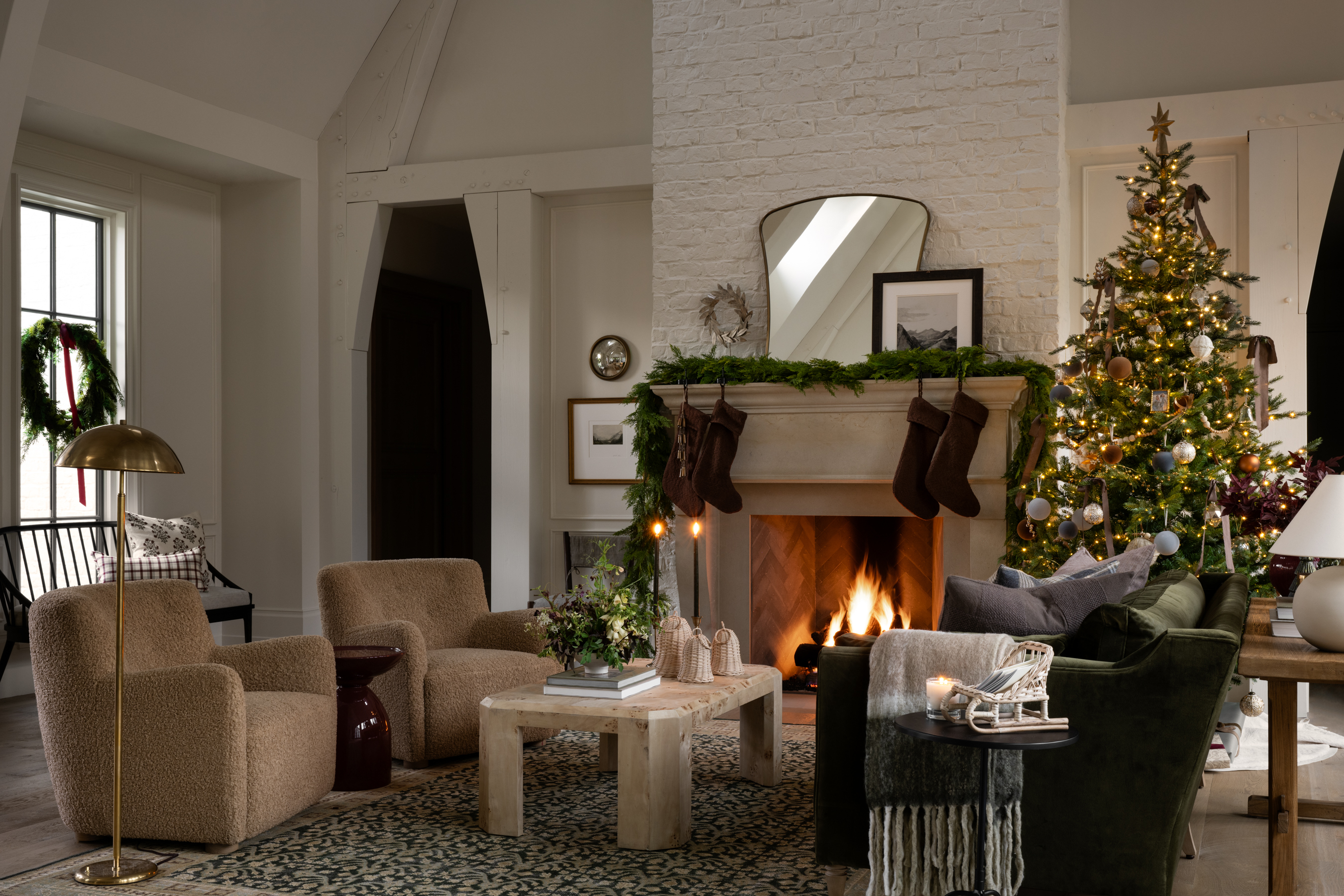
There's nothing quite like a real Christmas tree to ring in the magic of the festive season. An artificial tree will never replicate the earthy smell of pine or the thick, bushy foliage that comes with authentic trees. The only major downside, however (and one instance where faux trees do actually have the upper hand), is the shedding of needles.
A living room adorned with twinkling decorations is a sight to behold, but a litter of spiky green needles across the floor is sure to distract from its beauty. Besides the extra cleaning - something no one wants during the Holidays — they're uncomfortable to step on if they find their way into your socks. And, inevitably, the more that fall, the more sparse the boughs of your Christmas tree become.
Luckily, with the right Christmas tree care, you can minimize the number of needles your tree sheds while it's up. If you're tired of vacuuming pine needles every Christmas and you want your tree to look as full and bushy on Boxing Day as the day you put it up, there are a few solutions you'll want to know about. First, though, it helps to understand why needles drop in the first place.
Why do Christmas tree needles shed?
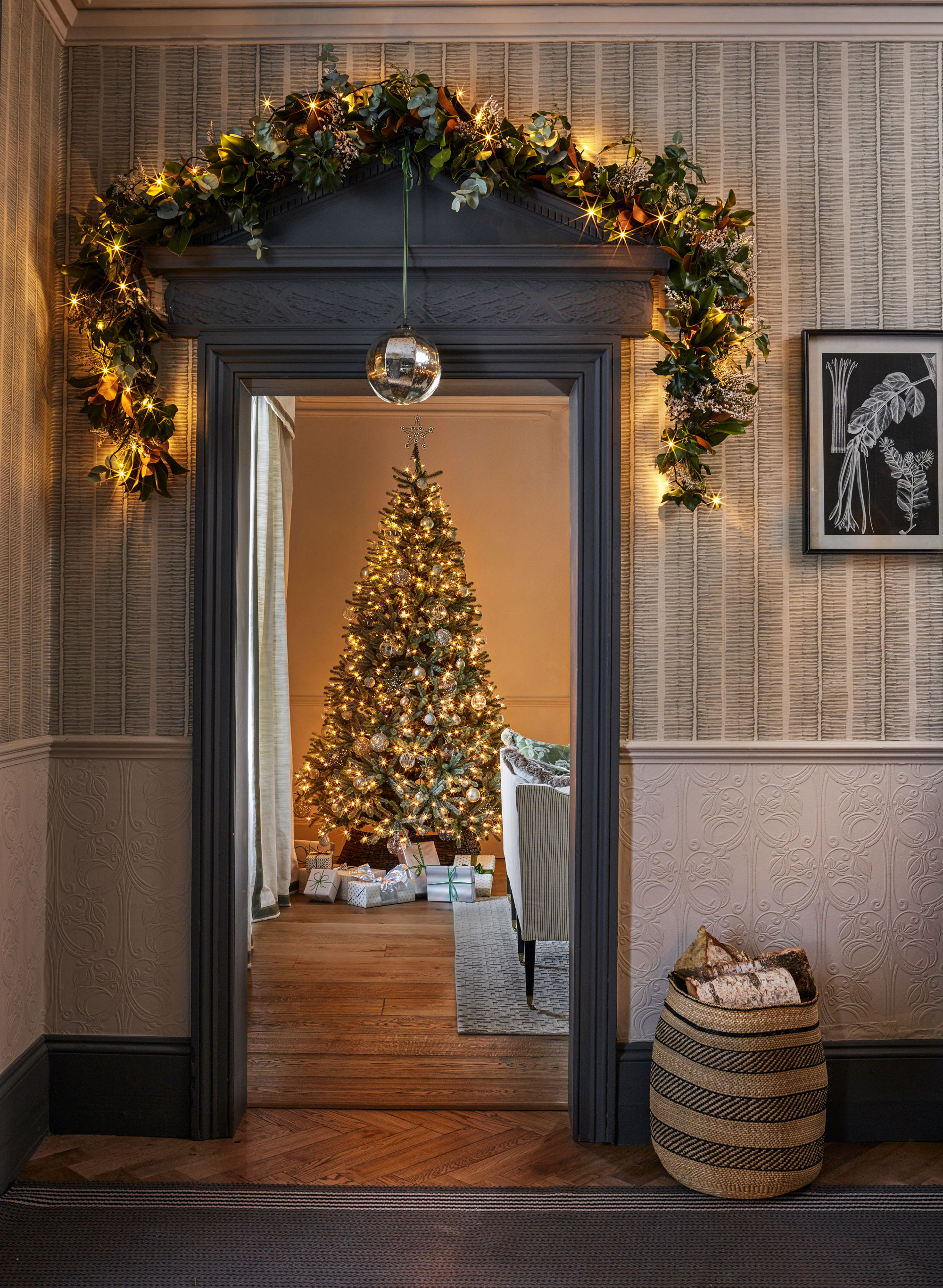
The short answer to why Christmas trees shed their needles is plain and simple: they're dead trees. When it comes to how long Christmas trees last, many can keep looking fresh for four or five weeks if properly cared for, but cut from their life source and removed from their natural habitat, the evergreen foliage these trees are so famous for won't survive forever.
Unless your tree is potted with its roots, the loss of needles is inevitable, but certain factors can speed up the process. We've asked experts to outline them below.
1. The Natural Shedding Process
As just mentioned, it's completely normal for Christmas trees to lose their needles over time, just as other trees lose their leaves. This is true even if you have a potted tree complete with its roots, as opposed to a cut tree.
"Evergreen trees, such as pines and firs, naturally shed older needles as a part of their growth cycle," explains Andrew Porwol, a seasoned garden and landscape expert and Founder of Sapcote Garden Centre. "While they remain green all year round, older needles are still replaced with new growth over time."
2. Environmental Stress
As sad as it sounds, your living room is not the natural habitat for a Christmas tree. As horticulturalist Kaushikan Ganesan, owner of Splendid Landscape, points out, our modern homes actually shorten the life-span of cut trees faster than nature alone. "Indoor heating coupled with dry air or even placement near warm areas like radiator quickens the drying process," he says.
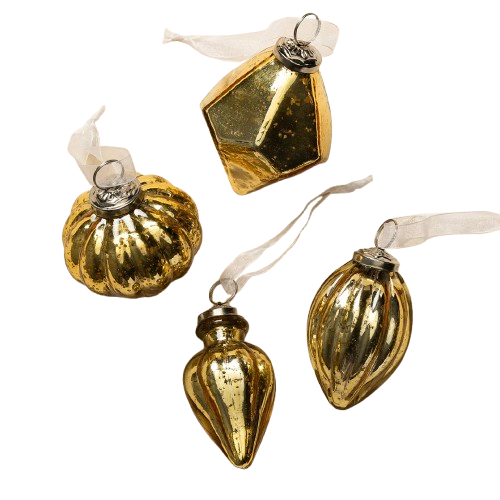
Price: $16.80
Quantity: 4
Simple, lightweight ornaments like these will prevent needles from dropping from your tree.
Price: $40.29
Size: 72"
If your tree is looking a bit too sparse after losing few too many needles, consider draping a garland, like this one, across its boughs.
Price: $30
Material: Water Hyacinth
Be sure to use a tree stand with a water reservoir to keep your tree hydrated, but disguise it with a pretty skirt like this one.
3. Lack of Moisture
Just like a vase of cut flowers, your Christmas tree will need a reserve of water for it to flourish throughout December so make sure you use a tree stand with a water reservoir like this Ventray 14 inch Christmas Tree Stand from Walmart. "If the tree’s stand is not filled regularly, the tree will dry out, causing the needles to turn brown and fall," says Andrew. "Furthermore, dehydration accelerates the shedding process."
4. Cutting Conditions
Unless you go to a farm to cut your chosen tree, it will have been cut several days or even weeks before you take it home. "Lack of proper storage or cutting the trees at incorrect times makes them more likely to lose freshness," says Kaushikan. Rough handling during transportation can loosen the needles, "especially if the tree is shaken, dragged, or bumped," says Andrew.
5. Species Variation
Finally, different types of Christmas trees shed their needles at different rates. "Some species like firs manage to hold onto their needles better than species like pine or spruce," explains Kaushikan. To prolong the life of your tree and its foliage, consider choosing a variety like Nordmann Fir and Fraser Fir which are best for needle retention.
How do you stop Christmas tree needles from shedding?
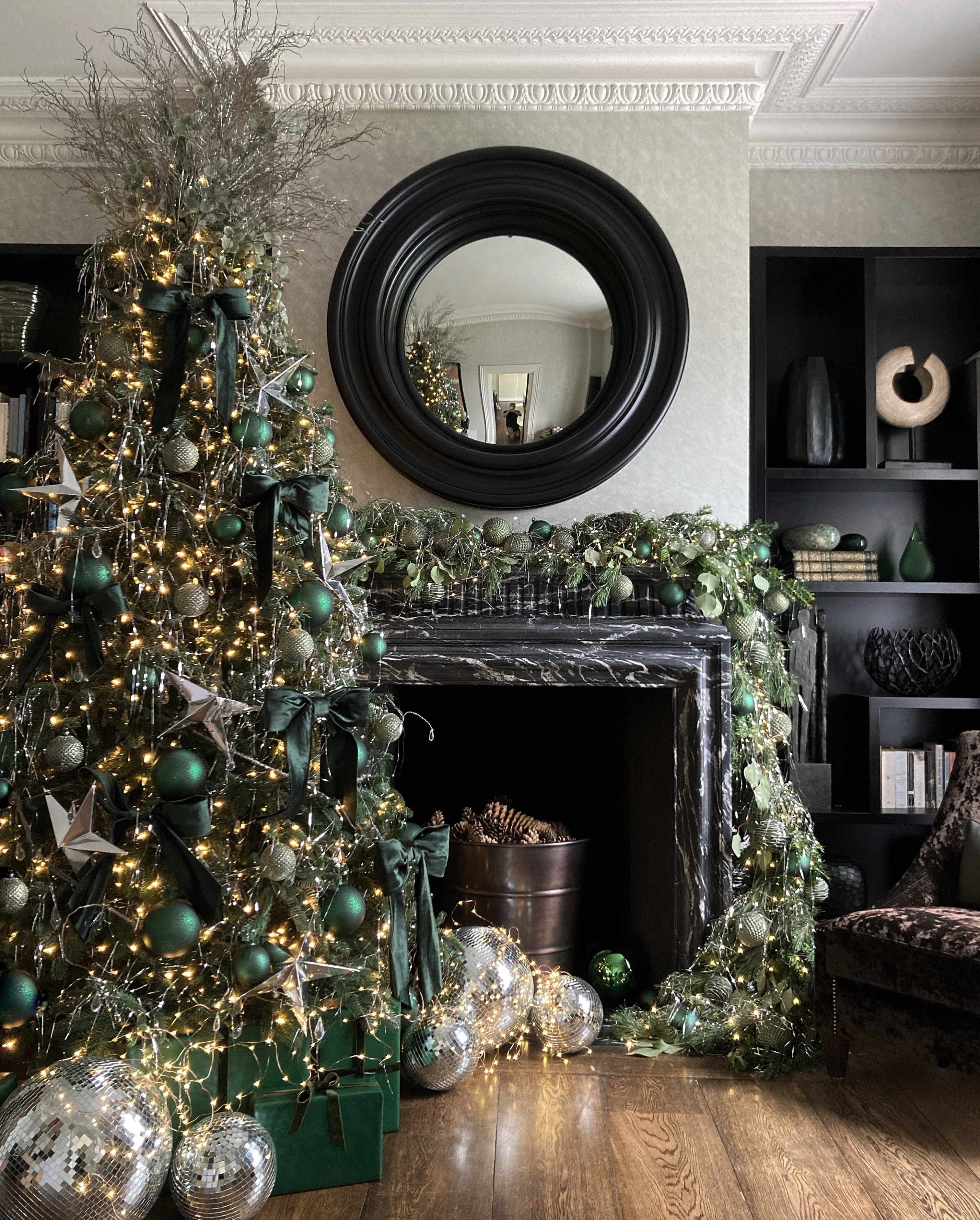
Our Christmas tree ideas are the beating heart of the Holidays, but only if they're complete with their needles. You won't be able to stop them from falling entirely, but with the right precautions, you can slow down the shedding of needles to keep your tree's foliage fresh and bushy for longer.
1. Keep the tree hydrated
Watering your tree will help it to retain its needles. "Place the tree in a stand with a large reservoir and refill it daily," says Andrew. "A normal tree can absorb up to a gallon of water in the first 24 hours and continue to need steady hydration." He also warns against allowing the water level to drop below the base of the trunk, as this can cause it to dry out quickly.
"A humidifier can also reduce the problem of dry air or a light mist on the tree can also increase moisture," adds Kaushikan.
2. Choose a fresh tree
It sounds simple, but don't choose a tree with wilting foliage that's already lost a few needles. "Instead, select a freshly cut tree with plump and supple needles on it," says Kaushikan. "When choosing, give a slight tug - if the clumps of needles fall off, try a different one."
3. Opt for the right tree species
Andrew recommends species with good needle retention like Fraser Fir, Balsam Fir, and Noble Fir. "These trees are known for their capability to stay fresh for long hours," he says. "Avoid any spruce trees, which shed the needles more quickly."
4. Consider your placement
Don't place your tree too close to any heat sources, including direct sunlight, if you want to keep your Christmas tree alive for as long as possible. As beautiful as your tree may look next to your lit fireplace, it will certainly cause needles to drop more quickly (plus it's not the best idea from a safety point of view, either!)
"Also, use cool LED lights instead of traditional incandescent ones, as they generate high heat and dry out the tree faster," advises Andrew.
FAQs
Can you revive a drooping Christmas tree?
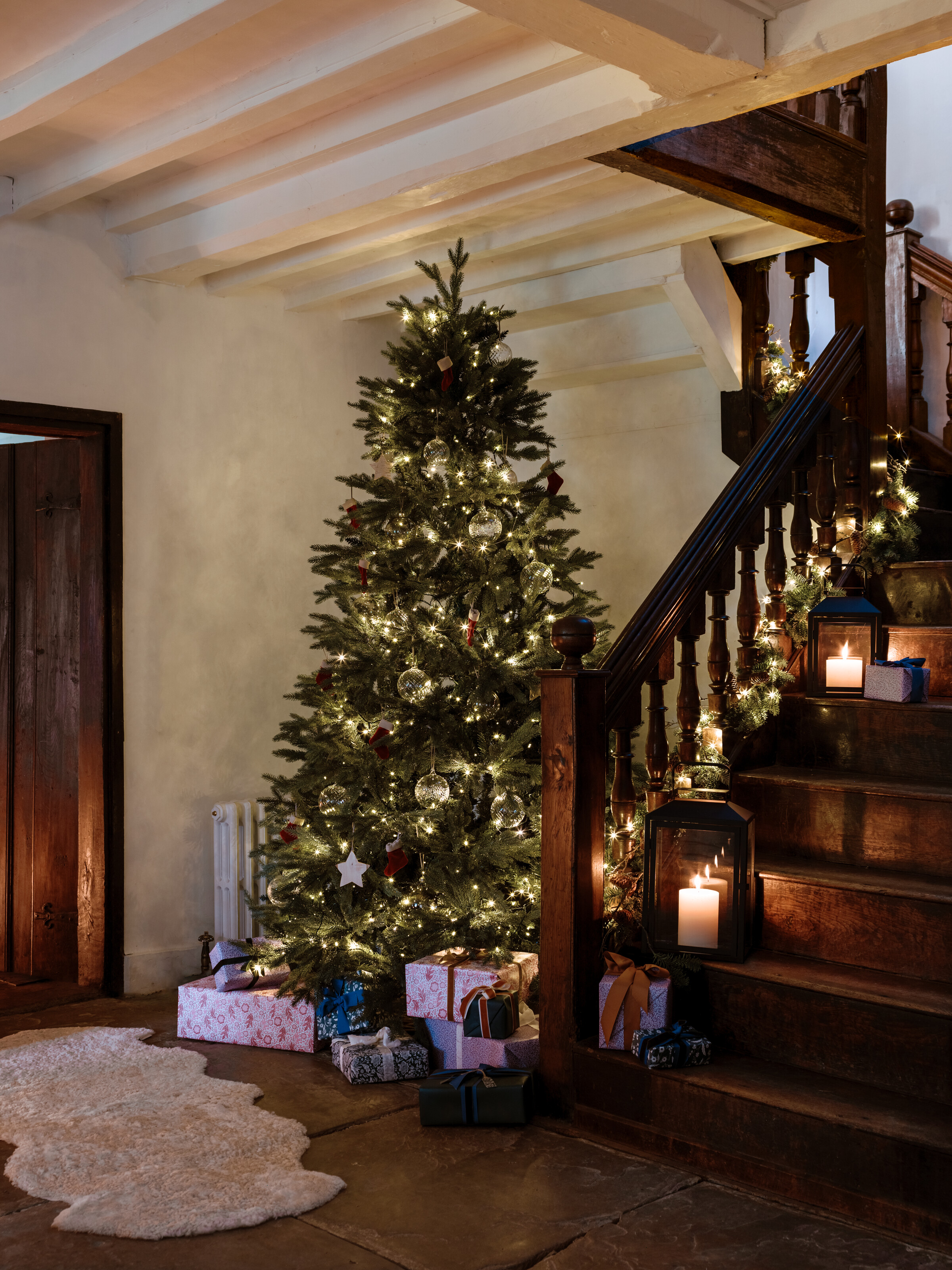
If your tree is looking a bit worse for wear, make sure it's getting enough water to start with. Forgetting to refill the stand's reservoir is the most common mistake people make when it comes to Christmas tree care, but it's a simple remedy to help perk up your tree.
Besides that, take a look at the conditions of your room. You might want to turn the heating down or open a window near where your tree is standing to cool down the temperature. If all else fails, a spritz of fresh water on the foliage can go a long way in making your tree look fresh and healthy.







